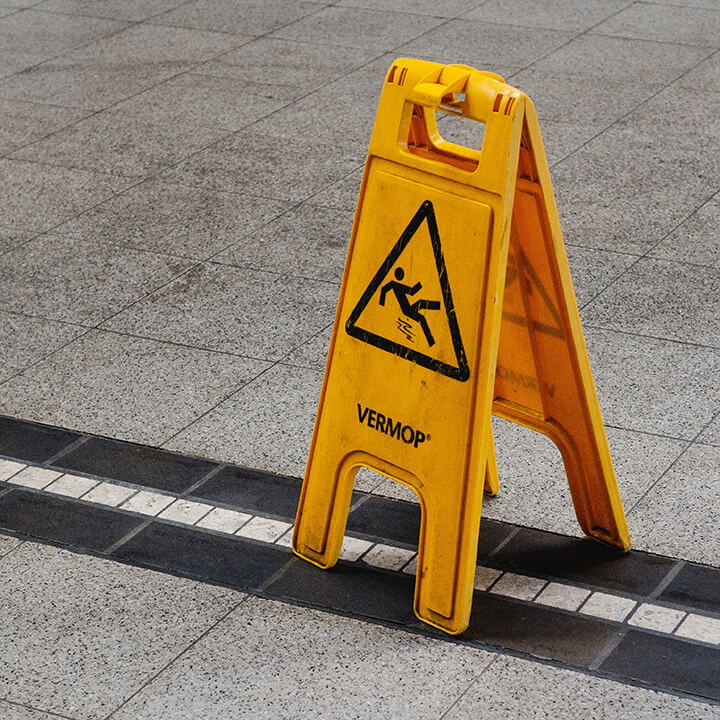Contractor's dismay at refused stay: No stay for arbitration in adjudication enforcement proceedings
17th August 2022
Why is Sefton v Allenbuild of interest?
In one of our earlier briefings we looked at section 9(3) of the Arbitration Act 1996 (the Act) and the elements that must be present in order to deprive a defendant of their recourse to arbitration when they apply for a stay of court proceedings in favour of arbitration.
While the recent case of Sefton v Allenbuild [1] is concerned specifically with construction adjudication, the court’s decision serves as an example of the limits on the applicability of section 9 of the Act in some circumstances.
Walker Morris Commercial Dispute Resolution and Arbitration specialists Gwendoline Davies, Nick McQueen and Kieran Craddock explain.

What happened in the particular case?
This case concerned an employer who applied to the court for enforcement of an adjudication award for £2.2 million, which it had obtained against its contractor. The contractor sought to have the enforcement proceedings stayed to allow for arbitration under section 9 of the Act. At no stage prior to the enforcement proceedings did the contractor seek to challenge the adjudicator’s jurisdiction, but simply raised a general objection to the decision in its notice of dissatisfaction.
The court refused to grant a stay of the enforcement proceedings for the following reasons:
- The contractor’s notice of dissatisfaction did not make it clear that a challenge was being made to the validity of the adjudicator’s decision on jurisdictional grounds, in addition to a challenge to its substantive merits.
- The Scheme for Construction Contracts (England and Wales) Regulations 1998 and the Construction Industry Council model adjudication procedure expressly exclude any challenge to the adjudicator’s decision from the range of matters which may be referred to arbitration. This means that the court will always have jurisdiction to enforce an adjudicator’s decision and will never grant a stay for arbitration under section 9 of the Act.
Law Commission to review the Arbitration Act
In related news, the Law Commission announced in November 2021 its intention to conduct a review of the Act. While the Act has helped to make the UK a leading destination for commercial arbitrations, the Law Commission notes that the legislation is now over 25 years old and reform may be needed to make it as effective as possible. The overarching aim is to maintain the attractiveness of England and Wales as a dispute resolution destination and the pre-eminence of English Law as a choice of law.
The Law Commission is yet to confirm the specific scope of the review, but suggests it may include issues relating to the courts’ powers in support of arbitration proceedings, which could potentially include section 9. The consultation paper is due to be published later in the year and we will continue to monitor and report on developments.
Want to know more about arbitration? Click here for further information.
How we can help
Walker Morris has a large team of specialists experienced in all aspects of commercial dispute resolution across all sectors, including national and international arbitration, litigation, mediation, expert determination and other forms of alternative dispute resolution (ADR, or, as it is increasingly being named, NDR or ‘negotiated dispute resolution’). Three of our partners are Fellows/Members of the Chartered Institute of Arbitrators.
If you have any queries about the points raised in this briefing, trade internationally and/or are considering arbitration, or need any assistance or advice on drafting, dispute resolution options or strategy, please contact Gwendoline, Nick or Kieran.
[1] The Metropolitan Borough Council of Sefton v Allenbuild Limited, [2022] EWHC 1443 (TCC)






